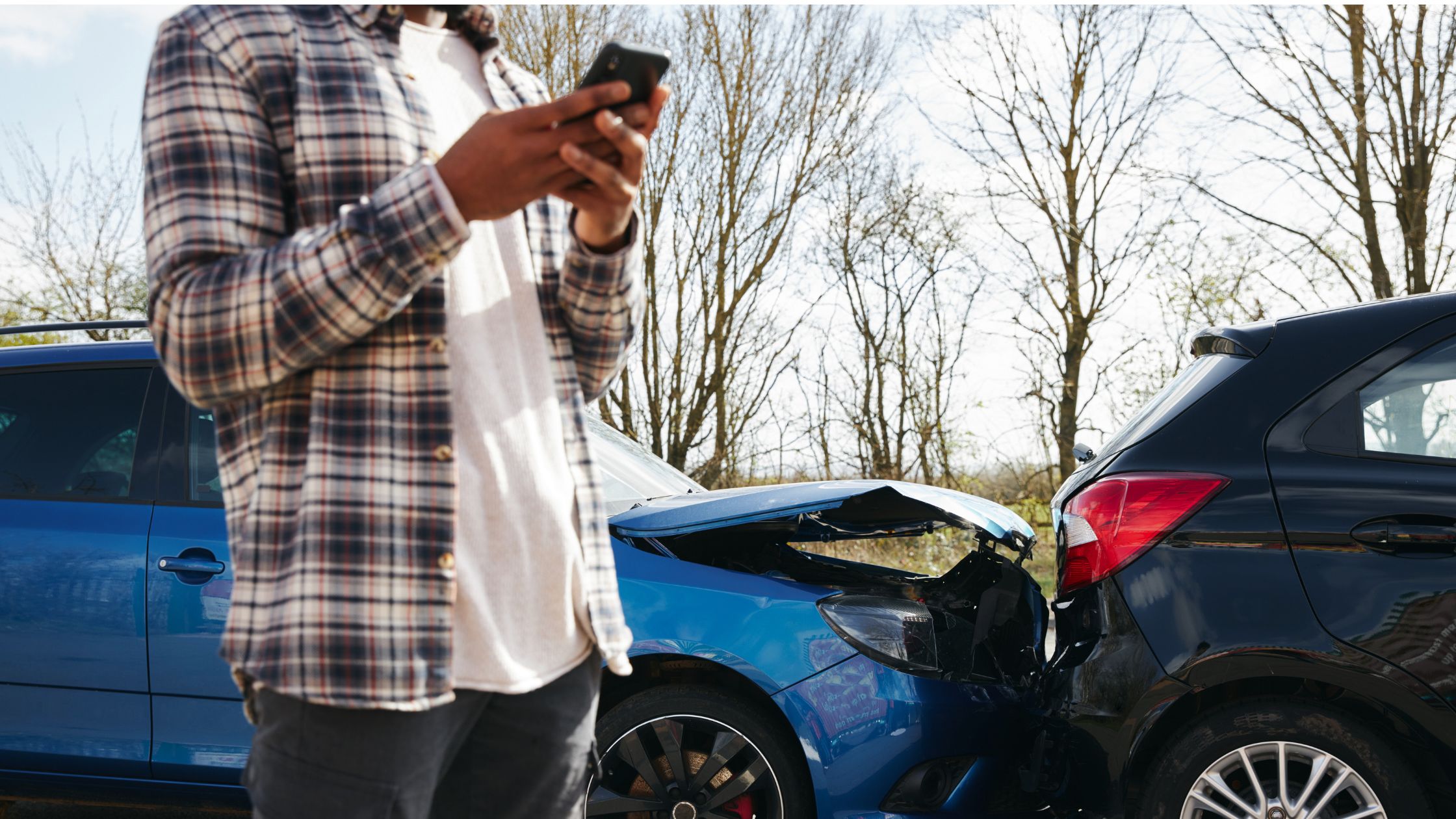
Essential Documents for a Successful Car Accident Settlement
A car accident can be a life-altering event, leaving behind physical injuries, emotional trauma, and financial burdens.
Navigating a successful settlement after an accident requires thorough preparation, including gathering vital evidence and documentation. These documents not only strengthen your case but also ensure you receive fair compensation. Whether you're negotiating with insurance companies or pursuing legal action, having the right paperwork can make all the difference.
At PrimeCare Network, we assist accident victims every step of the way. Call us at (888) 474-8473 to learn more about how we can help.
1. Collect Information at the Scene
The first step following a car accident is to gather all relevant details at the scene, provided you're physically able. Here are some key items to document:
- Contact Information: Exchange names, phone numbers, addresses, and insurance details with the other drivers involved.
- Witnesses: Secure contact information from anyone who witnessed the accident. Their statements can substantiate your version of events.
- Photos and Videos: Capture the scene with your smartphone, including vehicle damage, skid marks, road conditions, and injuries. Visual evidence strengthens your claims.
This immediate action will provide a solid foundation for your settlement claim. The more information you collect, the better prepared you will be for negotiations or legal proceedings.
2. Police Reports
Contact the police immediately after the accident. The officer will create an official police report, a critical document that provides an objective account of the incident. It often includes:
- A description of the accident
- Any traffic violations
- Statements from both parties
- Witness accounts
- Information on road and weather conditions
Insurance companies and courts rely heavily on this document when determining fault and settling claims. Ensure that you obtain a copy of the police report for your records.
3. Medical Records and Bills
If you've been injured, medical records are perhaps the most crucial piece of evidence for your settlement. Immediately seek medical attention, even if your injuries seem minor at first. Sometimes, injuries can manifest later, so it’s important to get evaluated by a healthcare professional.
Medical documentation should include:
- Doctor's notes and diagnoses
- Test results and imaging (X-rays, MRIs, etc.)
- Medical bills and receipts for treatments
- Prescriptions and ongoing therapies
These documents demonstrate the extent of your injuries and the medical expenses incurred, which are key factors in determining your compensation.
4. Insurance Policy Documents
Review your auto insurance policy thoroughly to understand your coverage, especially if the other driver is underinsured or uninsured. Make sure you're familiar with:
- Policy limits
- Reporting deadlines
- Requirements for uninsured/underinsured motorist coverage
Your policy will serve as a reference point during the claims process. Having this knowledge allows you to negotiate confidently and understand your entitlements.
5. Proof of Lost Income
Injuries from a car accident may lead to missed workdays, affecting your income. To claim compensation for lost wages, you’ll need to provide:
- A letter from your employer outlining missed workdays and your salary
- Pay stubs or salary details
- Evidence of any bonuses or additional income lost due to the accident
This documentation helps in calculating compensation for lost income, a vital part of many accident settlements.
6. Vehicle Damage Estimates
You’ll need estimates for repairing your car or determining its value if it’s a total loss. To strengthen your claim, gather:
- Photos of the damage to your vehicle
- Written estimates from auto repair shops
- Receipts for repairs, if already completed
Documenting property damage is essential to ensure you receive proper compensation for your vehicle. This also includes any personal property damaged during the accident.
7. Recorded Communications
Keep track of every communication related to your car accident claim. This includes:
- Emails or letters to and from insurance companies
- Notes from conversations with adjusters, lawyers, or other parties
- Medical appointment records
By maintaining a record of all interactions, you can avoid any miscommunication or disputes during settlement negotiations.
8. Admissions of Fault
If the other driver admits fault, try to get a written statement. Even a simple acknowledgment of responsibility can strengthen your case and expedite the settlement process.
9. Expert Witness Testimonies
In more complex cases, expert testimony can be crucial. These professionals might include:
- Accident reconstruction specialists
- Medical experts
- Automotive engineers
Their expert analysis can clarify the cause of the accident and provide detailed insight into injuries and damages. Expert testimony can tip the scales in your favor during negotiations or court proceedings.
Final Steps Toward Settlement
A successful settlement hinges on your ability to present thorough documentation and evidence. With these essentials in hand, you’ll be in a strong position to negotiate for fair compensation.
However, collecting, organizing, and presenting these documents can be overwhelming. That’s why working with a personal injury attorney or legal consultant can be invaluable. A skilled professional can guide you through the process, ensuring that every document supports your claim.
If you’re facing financial struggles during this process, consider reaching out to a trusted resource like PrimeCare Network. We offer assistance to help keep your life on track while your settlement is being finalized. Let us be your partner in recovering what you deserve.
Contact PrimeCare Network today at (888) 474-8473
